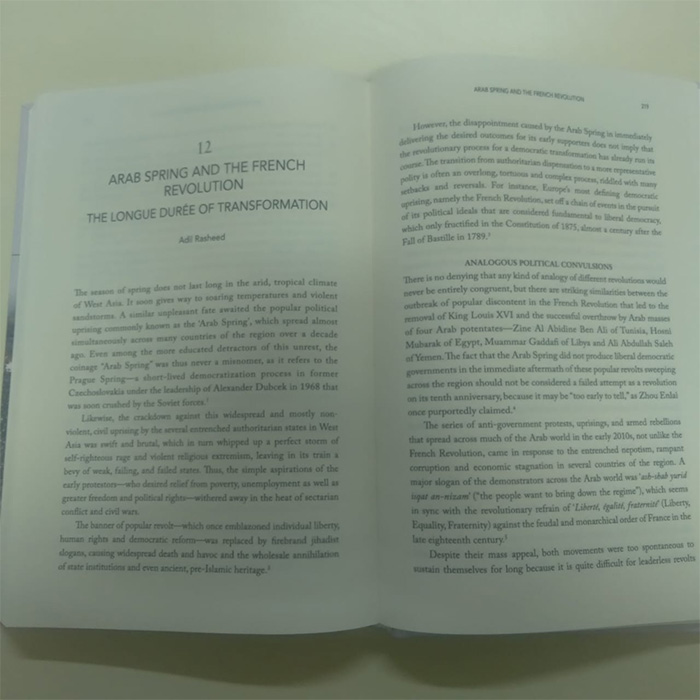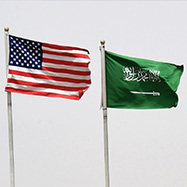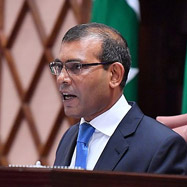The Historic Seven Cities of Delhi
Research Fellow, Manohar Parrikar IDSA, Dr Adil Rasheed’s article, ‘The Historic Seven Cities of Delhi’ has been published in the Journal of Peace Studies (Volume 29, Issue 2 - April to December 2022).
- Published: 29 March, 2023
















